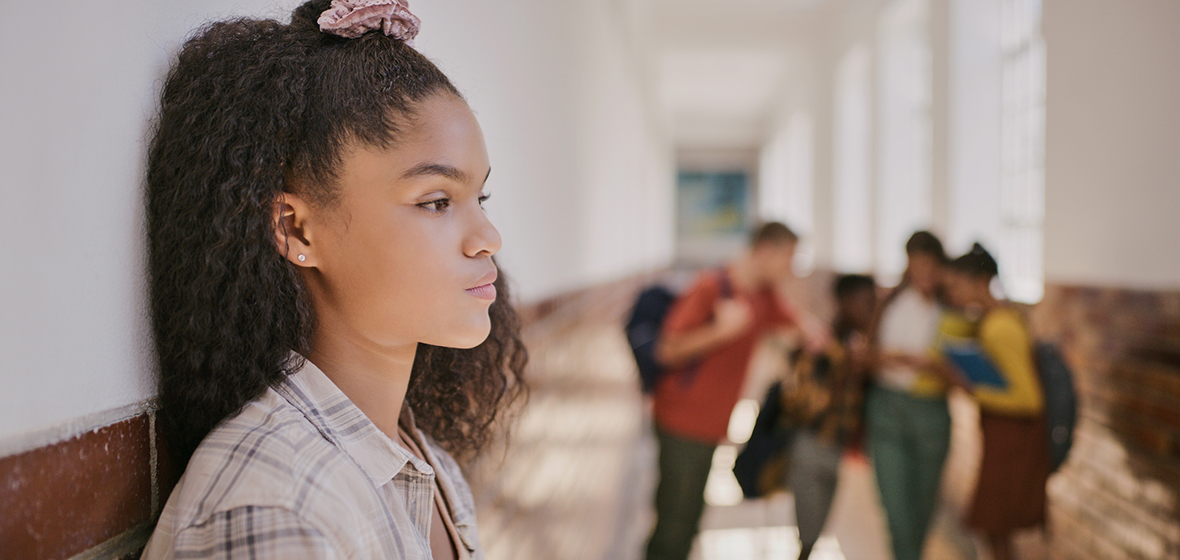
There are several types of events that you may experience in life including, but not limited to, sporting events, concerts, holiday gatherings, etc. Many of these events have large crowds that can cause some people to experience social anxiety.
According to the National Institute of Mental Health, people who have social anxiety may have a difficult time completing tasks that require communicating with others. They may tend to:
- Avoid or dislike meeting others
- Be self-conscious in social situations or at events
- Fear judgment from other people
- Have a hard time making eye contact
- Not use appropriate body language
- Experience nausea, have a fast heart rate or sweat during social situations
Fortunately, social anxiety can be treated and managed. If you believe you are experiencing social anxiety, try the following tips and tricks to help.
Challenge Negative Thoughts
If you commonly engage in negative self-talk when thinking about or entering social situations, you can flip those thoughts around so that you will think in a more helpful way. The key is to identify your negative thoughts, examine those thoughts by asking yourself questions and then reframe those thoughts in positive ways.
For example, if you’re thinking, “I’m a boring person with nothing interesting to say,” try asking yourself, “Am I sure about that?” and then thinking, “I am unique and my own person, and they will see that.” Or if you’re thinking, “I’m going to embarrass myself because I have a weird voice,” try asking yourself, “How do I know my voice is weird?” and then thinking, “People want to know what I have to say. They won’t automatically think my voice is weird.”
Challenging negative thoughts takes practice, but over time, you may find that this exercise helps you think of yourself in a more positive light.
Focus on Other People
In social environments such as events, focusing on others can help you avoid thinking that other people are focusing on you or judging you. When you focus on others, you can better concentrate on what you’re doing or what other people are saying.
It will likely help if you try to engage other people in conversation. Don’t worry about coming across as nervous and remember, you’re not the only person in the world who can get nervous in social situations. Listen to what the people you’re talking to are saying and focus on what is happening right then.
Do Breathing Exercises
Social anxiety may cause you to breathe quickly in social situations. When you breathe too fast, your muscles may become tense, your heart rate may quicken, and you may even feel like you can’t breathe.
Breathing exercises can help you breathe more slowly and help you feel less anxious. The following breathing exercise can be beneficial to you:
- Sit down with your shoulders relaxed and your back straight, putting one hand on your stomach and the other on your chest.
- Breathe in deeply and slowly for four seconds through your nose. Only the hand on your stomach should rise.
- Hold your breath for two seconds.
- Breathe out slowly for six seconds through your mouth. Only the hand on your stomach should move.
- Repeat the breathing exercise as many times as you would like.
Avoid Avoiding Social Situations
Facing your fears may seem scary, but it can be an effective way to get past social anxiety and cope better in social situations. You can start small and eventually participate in social situations that are more difficult for you.
For instance, if you dislike meeting new people, you may try to meet one new person one day, and then a few days later you may go somewhere to meet a few new people, and so on. Or if you dislike crowds but want to volunteer, you may try volunteering with only a few people and then work your way up to volunteering at a larger event.
During this process, be patient with yourself and follow the other tips mentioned in this blog to stay calm.
Build Your Social Skills
You may find that if you take the time to learn how to optimize your social or communication skills, you will find it easier to interact with others. You can take an in-person or virtual class about improving social skills, learning to be more assertive, developing emotional intelligence, etc.
Make Lifestyle Changes
Changing your lifestyle may help you feel less anxious in your everyday life. You can consider making the following changes as needed:
- Get enough sleep.
- Stop smoking.
- Limit alcohol and caffeine consumption.
- Eat foods that have omega-3 fats (walnuts, seaweed, fatty fish, etc.).
- Exercise.
UofL Health Can Help
With proper treatment, many people with social anxiety may have their symptoms and functioning improved and live better lives. UofL Health – Peace Hospital can be reached at 502-451-3333 for a no-cost level-of-care assessment and assistance with treatment options.









